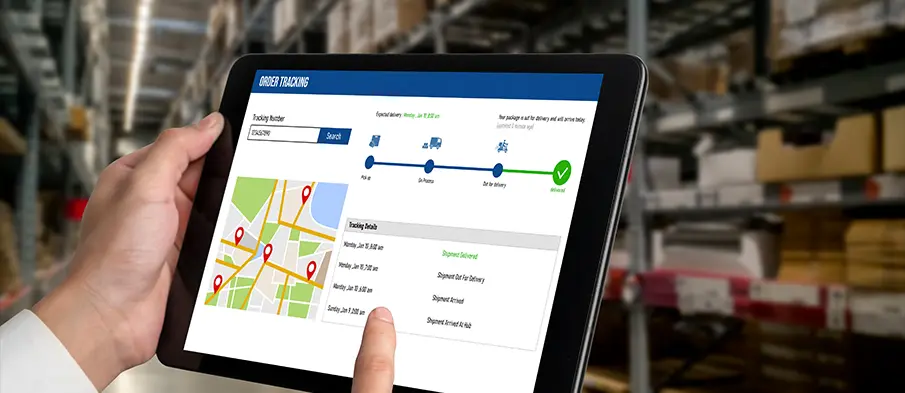
Scenario & Impact: When Convenience Turned Into Exposure
In India’s fast-moving logistics industry, real-time shipment tracking has become standard. However, during rapid digital transformation, API security is often overlooked. Imagine a scenario where a public-facing tracking API is deployed without authentication or rate limiting. A threat actor scripts bulk queries and extracts sensitive customer data. The breach is only discovered after customers receive fraudulent calls referencing real delivery details.
Key Risks of Exposed Tracking Data
- Privacy Violation: Leaks personal info like names, addresses, and delivery routines
- Physical Security Threats: Enables targeted package theft (“porch piracy”), reveals occupancy patterns, and increases stalking risk.
- Increased Scam Vulnerability: Leaked data fuels phishing/smishing attacks and social engineering.
- Business & Carrier Risks: Causes reputational harm, legal exposure, and customer service overload.
Risk Exposure to the Organization
An unsecured API exposes customer and operational data. Threat actors actively exploit these, leading to severe risks:
- Large-Scale Data Harvesting: Automated scripts can silently extract vast amounts of data undetected.
- Exposure of Sensitive PII and Logistics Data: Customer and shipment details are exposed to various scams.
- Silent Leakage: Data exfiltration can occur without triggering immediate alarms.
- Targeted Fraud and Scams: Leaked data enables phishing scams using legitimate shipment information.
- Identity Theft: Exposed PII can fuel broader identity theft.
- Physical Security Threats: Knowledge of delivery details can facilitate theft or endanger customer safety.
Business & Technical Impact
These breaches often surface after real-world misuse, demanding urgent incident response. Technical implications include data loss, emergency patching, and possible re-architecture. Under India’s DPDP Act, this can trigger regulatory scrutiny and compliance challenges.
Incident Response
When reported, the top priority is securing the vulnerability—either by disabling the API or applying quick controls. Since tracking APIs are business-critical, full shutdown is avoided. Instead, WAFs, API security tools, and access control solutions are quickly deployed as guardrails. These act as interim fixes but don’t address the root problem.
Remediation & Future Prevention
Root Cause Analysis: Understanding the ‘why’ is key. Often, it’s development processes prioritizing speed over adequate security reviews, threat modelling, or secure coding standards.
Preventive Strategies: Long-term prevention requires embedding API Management into the organization’s culture and technical processes
API Management Suite: Enterprises increasingly need an API Management Suite—not just gateways or WAFs. It offers a unified view of all production APIs, covering usage, performance, security, and access. As APIs grow across hybrid environments, this suite is key for visibility, control, and governance beyond traditional tools.
Key Component included in API Management Suite
- Robust API Security Controls
- Comprehensive API Inventory
- API Gateways
- Integrate Security into CI/CD (DevSecOps)
- Regular Security Assessments
- Enhanced Monitoring & Alerting
- Strengthen Governance & Training
API Management Suite must be treated as an ongoing operational imperative, essential for safeguarding customers, ensuring data privacy, maintaining operational reliability, and upholding the trusted reputation of any logistics provider in India today.






